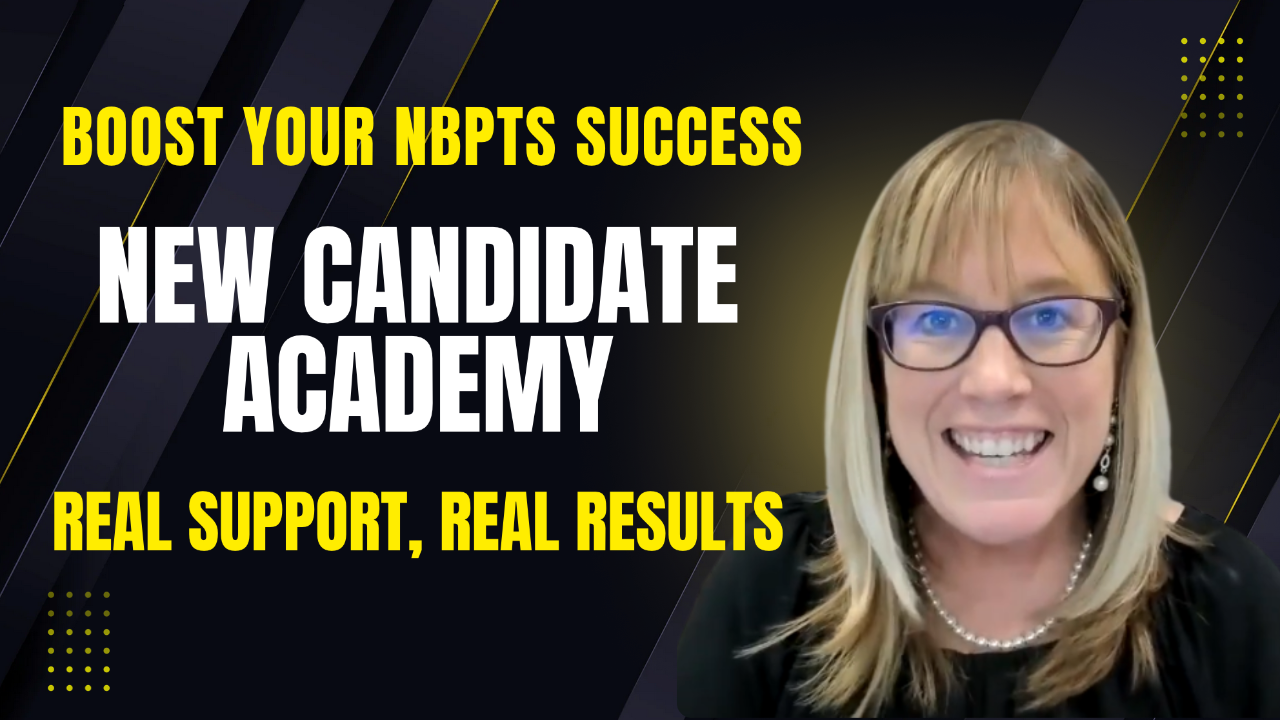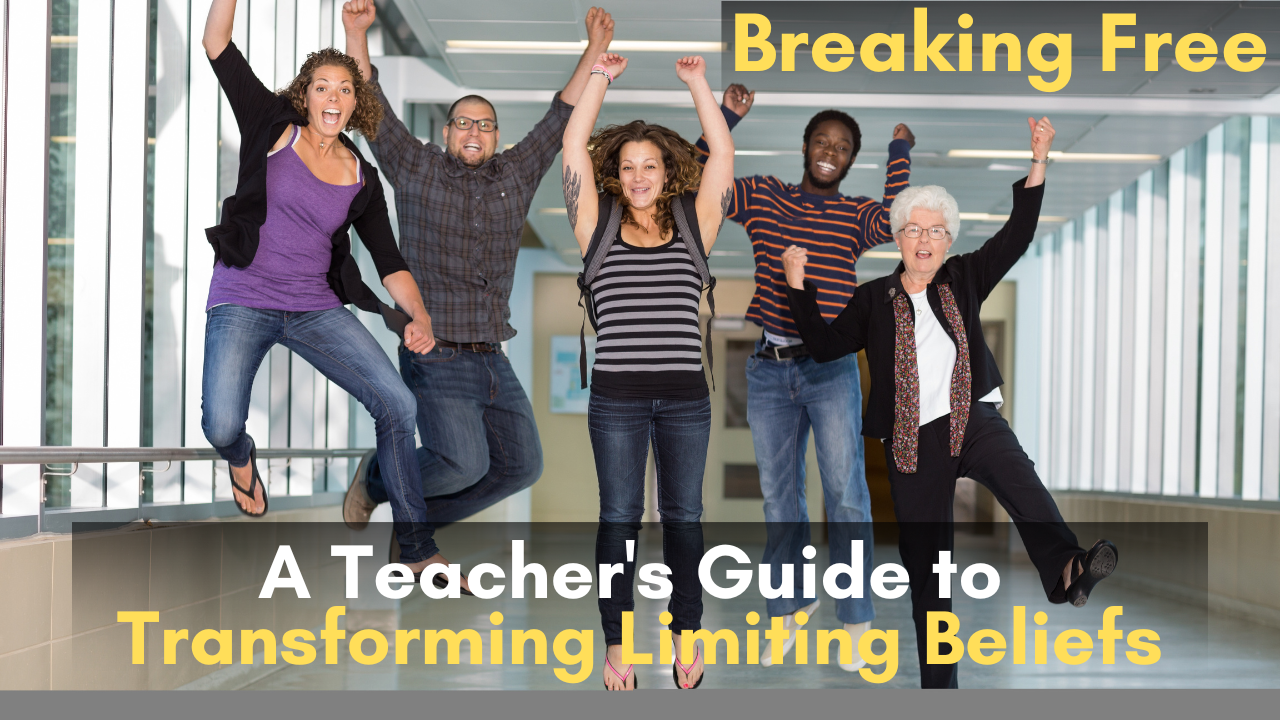Tracey Bryant Stuckey's Blog:
Education Redefined
You know them - people who seem to have boundless energy. They weren’t necessarily born with this much energy but they’ve gotten very good at the energy renewal process. They know ...
The most successful teachers I know aren’t the ones who work the hardest - they’re the ones who have cracked the code on when and how their brain actually works most efficiently. ...
Earning your National Board Certification is one of the most rewarding steps you can take in your teaching career. But let’s be real — the process can feel overwhelming. The rubric...
Do you remember the moment you decided to become a teacher? That spark of inspiration, the desire to make a difference, the excitement about shaping young minds? For many educators...
Teaching is more than lesson plans and grading – it's an emotional journey that demands our full presence. As educators, we pour our hearts into our work, but how often do we check...
If you're reading this, chances are you're feeling it too—that complex mix of passion for teaching and exhaustion from giving your all. You love making a difference in your student...
A teacher working in one on my programs asked this very important question about scripted programing. "I was wondering if you could give me some guidance on any information you hav...
As you embark on your journey through Component 2 of the National Board process, it's essential to grasp the importance of differentiation in instruction. This component focuses o...
Today, let's tackle the final blog in my October series of "Scary Trends in Education." This topic that's been haunting classrooms for far too long - the nightmare of teachers fac...
The National Board for Professional Teaching Standards (NBPTS) has set the standard of what accomplished teaching looks like here in the United States. As education has evolved, so...











